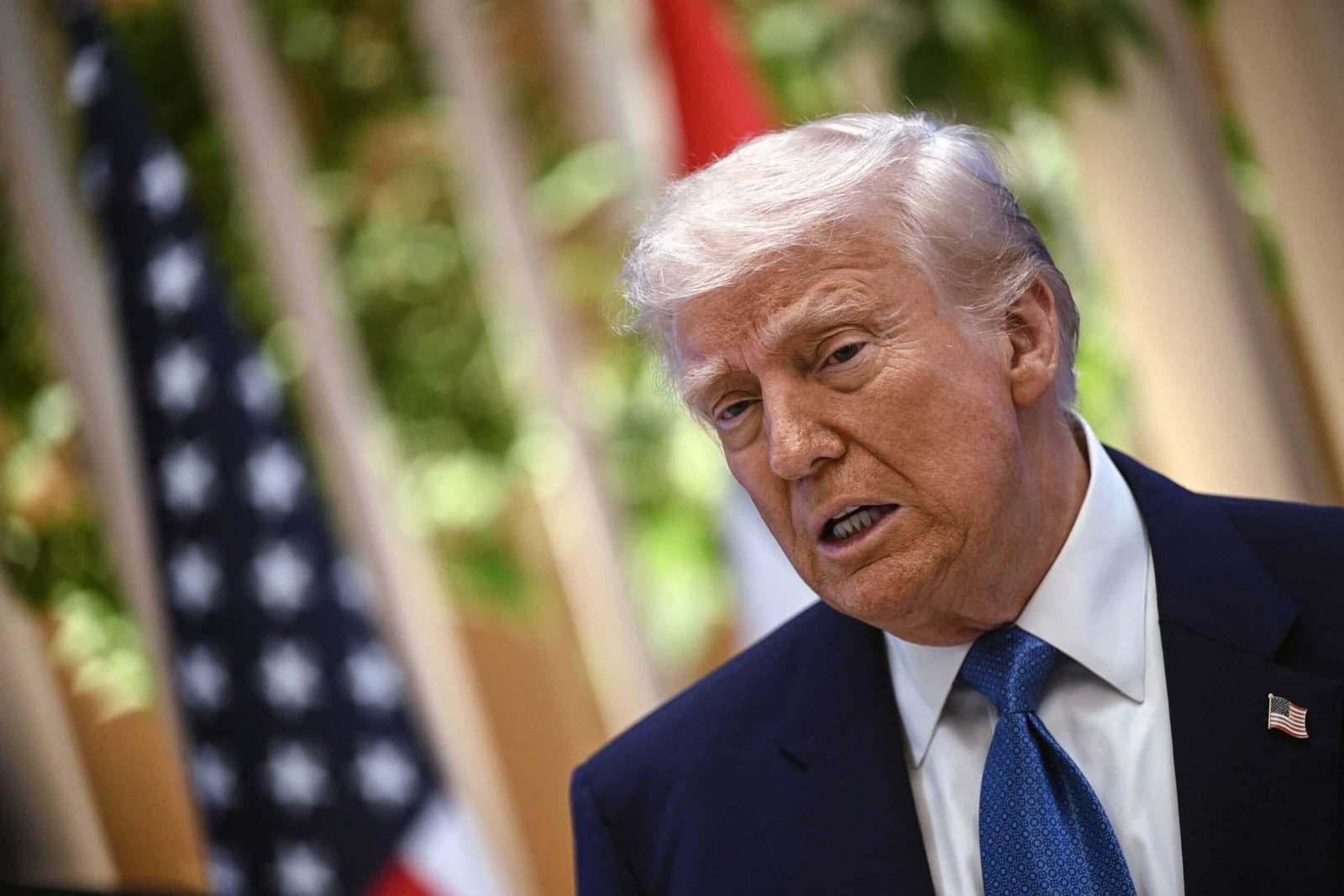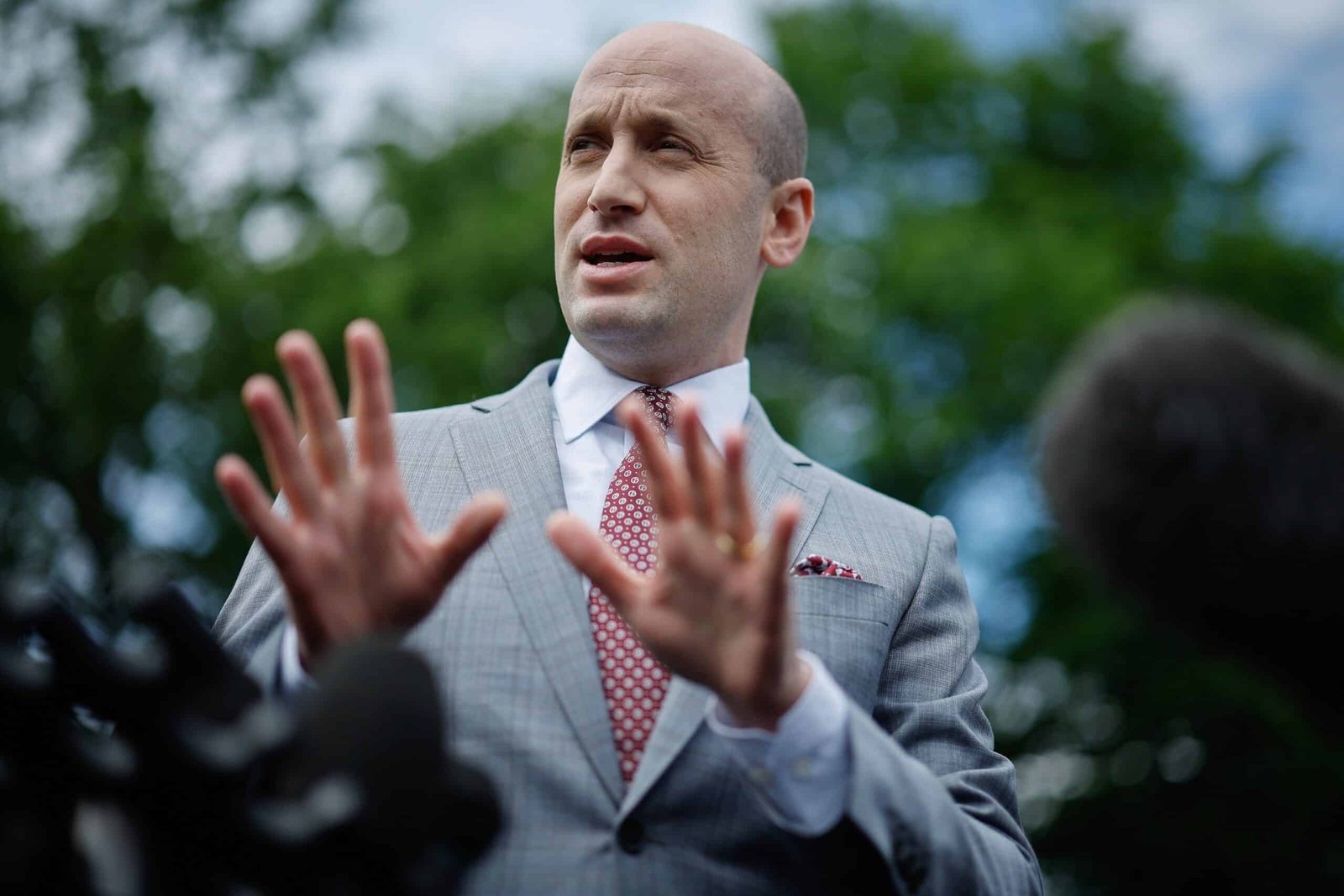Consumer sentiment deterioran despite Trump Rollback on tariffs, said the survey

Consumer attitudes deteriorated in May for the fourth month in a row, even when President Donald Trump turned back several tariffs. Readings come below the level of economists expected.
Shopping sentiments are now floating near the lowest level since severe inflation attacks three years ago, the University of Michigan survey data on Friday showed. Before that, the size of consumer attitudes never fell as low as this.
Decreases for months in consumer sentiment tracking back to the fear of inflation and recession warnings set by Trump’s initial levy launch.
The trade agreement between the US and China this week cut the Tit-Stat tariff between the two largest economies in the world and triggered a surge in stock markets. Within a few days, the Wall Street company soften their estimated recession.
The University of Michigan conducted a consumer survey between April 22 and May 13, the day after the agreement between the US and China. The result, in turn, may not fully reflect the impact of the AS-China Accord.
The US-China agreement marked the latest Trump levy, in the coming weeks after the White House stopped the “reciprocity tariff” which was far in the State dozens. Trump also eases the special sector tariff targeting cars, and restores tasks for some goods from Mexico and Canada.
Tariff withdrawals coincide with data that shows the economy remains in solid conditions.
Inflation subsided a little month ago, down to the lowest level since 2021, this week’s government data showed. Plus, the economy continues to add work with solid speed.
Still, uncertainty appears on economic views.
A number of fixed tariffs exist, including 10% cross-packing fees that apply to imports from almost all countries. Additional rates have reached the car, as well as steel and aluminum.

President Donald Trump attended a business forum in Abu Dhabi, May 16, 2025.
Brendan Smialowski/AFP via Getty Images
Even after the resignation, the 30% tariff in China far exceeds the level before Trump served, causing the risk of price increases for a large number of products that include clothing, toys, and some electronics.
Walmart’s executive on Thursday warned the price increase that was driven by tariffs for easily damaged imports such as coffee, avocados, bananas and roses, as well as toys and electronics.
Consumers show signs of weakness last month because retail sales slowed down, which showed buyers might withdraw because they were waiting for the possibility of falling from the tariff. This trend raises a risk for a wider economy, because consumer expenditure contributes about two -thirds of economic activities.
The US economy has shrunk earlier this year, registering a sharp decline in strong growth during the last month of 2024.
But the surge in imports in front of Trump’s tariff is likely to obscure the number, because the calculation reduces imports in an effort to exclude foreign production from the calculation of gross domestic product. Analysts warn that the decline in GDP because this trend will not reflect economic weaknesses.






